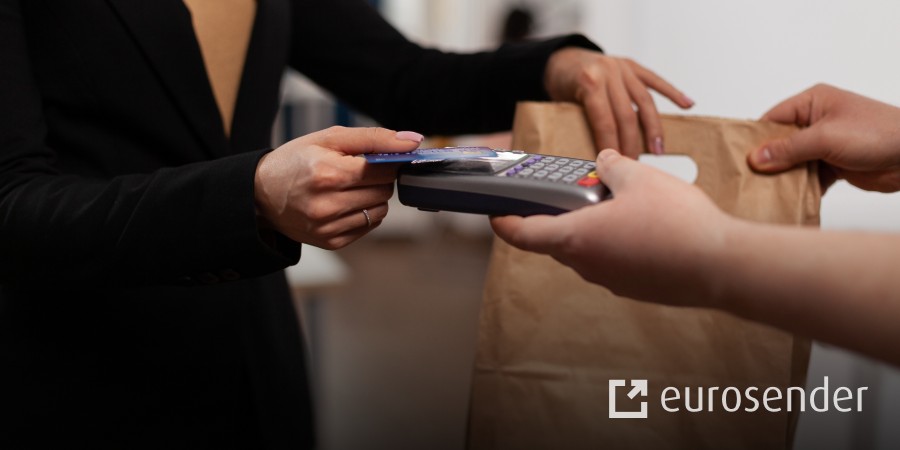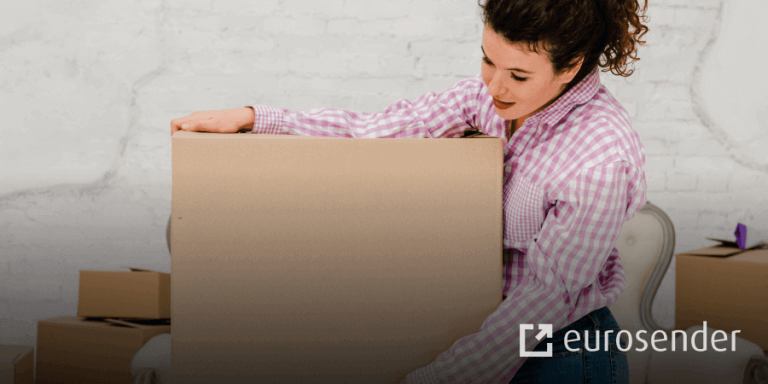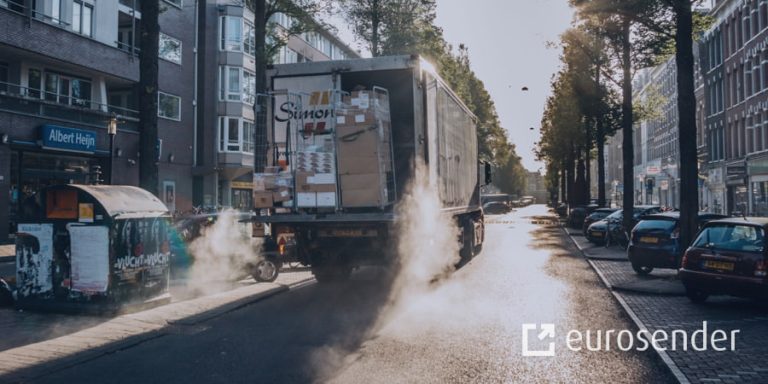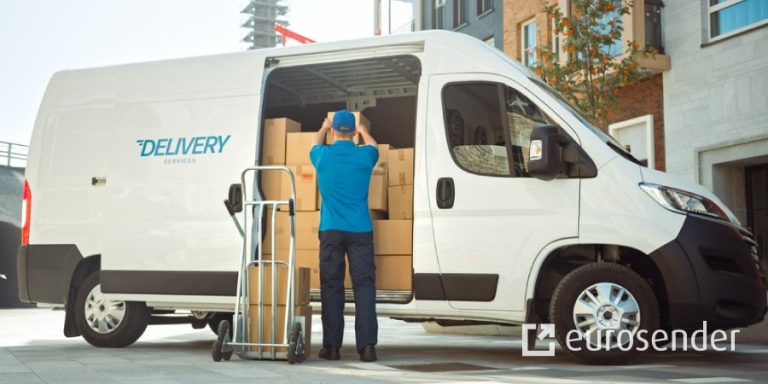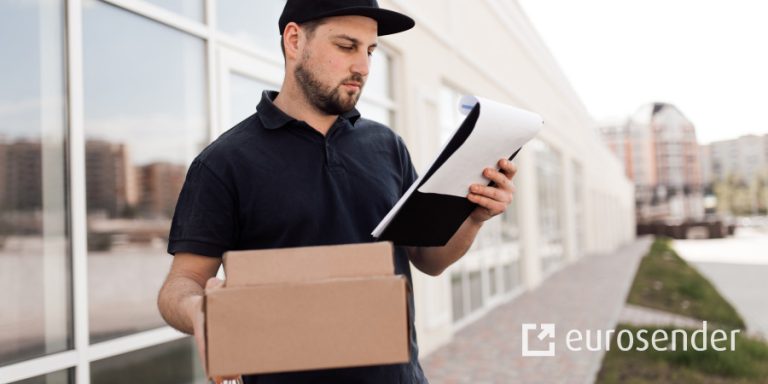Do I Need to Pay Money If I Receive a Parcel from Abroad?
TL;DR
- Receiving a package from abroad may involve paying customs clearance fees.
- Customs duties depend on the item’s value, type, and your country’s regulations.
- You’ll be notified of any customs fees, which can be paid online or at customs.
- Tracking your shipment and using reliable couriers helps ensure smooth delivery.
Click to ship up to 70% cheaper
Will receiving a package from abroad cost me?
Today, sending and receiving packages from other countries is as easy as buying a book online. Yet, many of us still find ourselves asking, “Do I need to pay money if I receive a parcel from abroad?“, leading to a mix of anticipation and uncertainty about the arrival of their international shipment.
It’s an important question that can affect both senders and receivers, especially in an era where e-commerce and international shipping and gifting are on the rise. This blog post aims to shed light on receiving a package from abroad, guiding you through the nuances of international shipping and customs clearance fees.
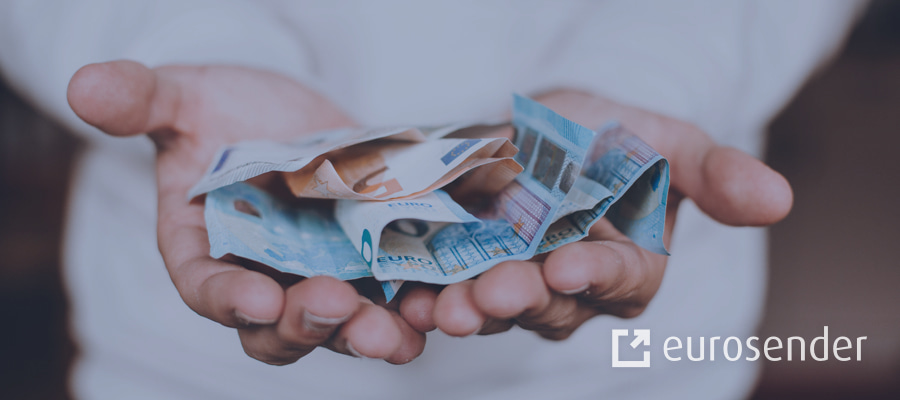
Jump to:
- What do I need to know when receiving a package from abroad?
- Which costs can I expect when receiving a package from abroad?
- Understanding customs clearance
- Does the receiver pay for customs?
- When do you pay customs clearance fees?
- How to pay custom clearance fee?
- How much does customs clearance cost?
What do I need to know when receiving a package from abroad?
Understanding the nuances of receiving packages from overseas is key to ensuring a smooth delivery process. One of the main concerns revolves around customs clearance and fees related to it. “When do you pay customs clearance fees?” and “How to pay customs clearance fee?” are common queries that highlight the need for clarity in the customs process. Here’s what you need to keep in mind when you are receiving your next package from aboard:
- Check the tracking information regularly: Most international shipments come with tracking numbers. Regularly monitoring your package’s journey can provide you with up-to-date information on its whereabouts and expected delivery date.
- Be aware of your country’s de minimis value: The de minimis value is the threshold below which no taxes or duties are charged on imported goods. Understanding this value can help you anticipate whether you’ll owe customs fees
- Know the type of items you’re receiving: Certain goods may be restricted or require special documentation. Knowing the nature of the items being sent can help you prepare any necessary documents or take action if there are restrictions.
- Contact information should be up-to-date: Ensure that your contact information is current with the shipping company. This way, customs or the delivery service can reach you if there are any issues or fees due.
- Delivery times may vary: International shipping can be unpredictable due to customs clearance processes, so be patient. Delivery times can vary significantly based on origin, destination, and other factors such as weather, national holidays and so on.
- Understand the customs clearance process: Familiarize yourself with the customs clearance process in your country. Knowing whom to contact and how to proceed if your package is held at customs can expedite its release.
- Anticipate customs fees: If your package is above the de minimis value or contains taxable items, prepare to pay customs duties or taxes. These fees vary based on the item’s value, type, and the laws of your country.
- Be prepared for additional paperwork: In some cases, you might need to provide additional information or documentation to customs authorities. Keep receipts, purchase orders, and any correspondence related to the purchase accessible.
- Recognise the role of the carrier: Different carriers have different policies regarding customs fees and delivery. Some may offer to pre-pay customs charges on your behalf, which you’ll need to reimburse upon delivery.
- Use reliable shipping services: Opting for reputable international shipping services like Eurosender can provide added peace of mind. Such services often offer guidance on customs and support throughout the shipping process.
By keeping these points in mind, you can better navigate the complexities of receiving international packages and ensure that your items arrive safely and promptly.
Which costs can I expect when receiving a package from abroad?
Normally, you as the receiver will not have to pay any additional money if the sender or courier company did not request the service “Cash on Delivery” (COD).
The only exception to this is if you are receiving a package from abroad or overseas, then your shipment becomes the subject of the customs procedure. If you are expecting a parcel from a different country then your shipment will become the subject of customs clearance, meaning there will be additional costs, such as customs clearance fees.
Read more:
Understanding customs clearance when receiving a package from abroad
As mentioned, when a package crosses international borders, it is subject to the receiving country’s customs regulations. Customs clearance involves the preparation and submission of documentation required to facilitate export or imports into the country, representing a critical step in the international shipping process. During the customs clearance process they also check the customs declaration to determine if customs duty, excise duty and import VAT are chargeable for your shipment.
But what does this mean for the receiver of an international package? It usually means, the receiver of the package will have to pay a customs clearance fee. Furthermore, in some case customs notice they lack information or need additional documentation about the shipment. In any case. you will receive a message from customs with a request to provide the needed information or documentation and to pay the custom clearance fee.
Does the receiver have to pay for customs?
In most cases, yes, the receiver is responsible for paying any customs duties and taxes when receiving a package from abroad and when it exceeds a specific allowed value. Goods shipped from abroad (outside the EU) undergo customs procedures may be subject to duties and charges, even if they are declared gifts. However, the sender can opt to pay these fees in advance in some shipping arrangements.
For more information on whether your package from abroad will be subject to any customs clearance fees visit our dedicated page on customs clearance.
Read more about:
When do you pay customs clearance fees?
Several factors determine whether you’ll need to pay customs clearance fees for a package coming from abroad:
- Value of the shipment: Many countries have a de minimis value, below which no duties or taxes are charged on imported goods. If your parcel’s value exceeds this limit, you may be required to pay customs duties and taxes.
- Type of goods: Some items may be subject to specific taxes and duties depending on their nature. For example, tobacco and alcohol often attract higher rates.
- Country of origin and destination: Trade agreements between countries can also affect customs duties. Goods imported from certain countries may benefit from reduced or zero tariffs.
How to pay the customs clearance fee?
If the package you received from abroad is subject to customs fees, the process usually involves the following steps:
- Notification: You’ll receive a notification from the shipping company or your local customs office informing you of the need to pay customs fees.
- Payment: The notification should detail how to make the payment, which could be online, or through a bank, in some countries there is a possibility to pay directly at the customs office.
- Delivery: Once payment is confirmed, your package will be released from customs and continue its journey to you.
You may also be interested in:
How much does customs clearance cost?
The cost of customs clearance when receiving packages from abroad can vary widely depending on the factors mentioned above. It’s essential to familiarize yourself with your country’s customs regulations to estimate potential charges better.
At Eurosender, we understand the complexities of international shipping and customs procedures. Our goal is not only to facilitate seamless shipping experiences but also to demystify the process for our customers. Whether you’re a first-time receiver of international packages or a seasoned e-commerce business owner, we’re here to support your global shipping needs and help you avoid any unwelcome surprises.
Still have questions?
Check our article that answers the most common questions about shipping.
Click to ship up to 70% cheaper
About the author
Marcel Nahtigal is Head of Marketing at Eurosender, specializing in digital strategies to enhance customer connections in logistics.
